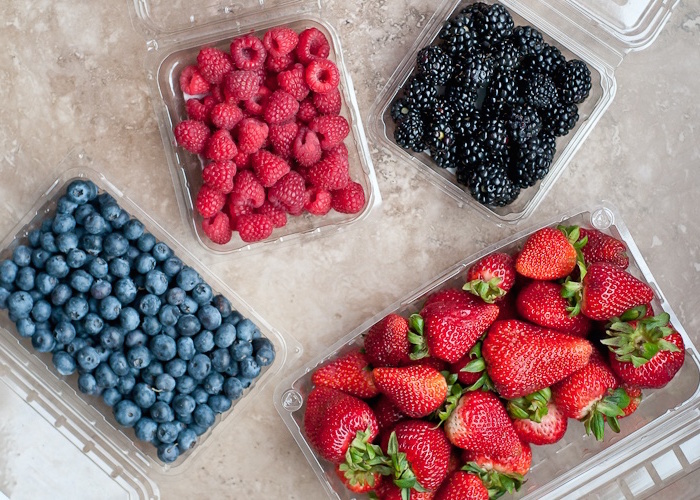
In the health industry there is a debate about the merits of fruit in the diet. Some diets designed to improve digestion and rebalance gut bacteria eliminate fruit. Many diets geared towards weight loss eliminate fruit as well.
But there is much research showing that fruit is rich in vitamins and phytonutrients (antioxidants) that help us maintain optimal health, prevent disease including cancer, provide soluble and insoluble fibre that is crucial for digestion, and help slow down the aging process. And since fruit is a carbohydrate it provides our bodies with a natural source of energy. So what is the problem?
It’s the sugar.
And more specifically the type of sugar. The sugar in fruit is either glucose or fructose, they are simple sugars, but they act differently in the body. Glucose is metabolized in the cells of the body for cellular energy and promotes a feeling of satiety, helping you to stop eating. Fructose on the other hand is metabolized in the liver to replace liver glycogen (stored energy) with the remaining fructose turning into triglycerides (fat).
Fructose does not promote the same feeling of satiety as glucose and you may keep eating.
Many believe that high fructose corn syrup which is widely used in North America is a significant contributing factor to our obesity crisis. Of course too much of any sugar can end up as fat if your activity does not support the amount of energy you consume.
But with fructose, the metabolic process dictates that the majority of fructose that you eat WILL become fat regardless of your activity level.
How much fruit is okay to eat?
1. Vegetables contain the same nutrients as fruit and have the same health benefits but typically contain less sugar. Make sure your day has considerably more vegetables in it then fruit. Keep your fruit intake to a maximum of 2 servings a day (1 serving = 1 piece of fruit, 1 small banana or half a large banana, or ½ cup chopped fruit).
2. When having fruit consider having less pears, apples, bananas, grapes, and mangos as they contain higher levels of fructose when compared to other fruits. Not that you have to eliminate them altogether, the fructose content is significantly lower than processed foods. But if you have an apple do not have a banana or a pear the same day. Instead have a clementine or a handful of berries.
3. Dried fruits and fruit juices should be limited or avoided. The best dried fruit is apricots and prunes.
4. When tackling digestion diets eliminate fruit in order to starve the bad gut flora that thrive on undigested carbohydrates. If you have digestive issues stick to only berries and eliminate other fruit, fruit juices and dried fruit. Eat lots of veggies!
To keep your fruit selection healthy and diet friendly, keep it fresh and pass on the dried options. To make your snacking selection more balanced, pair a piece of fruit with a small handful of nuts for a satisfying and nutrient-dense snack.
